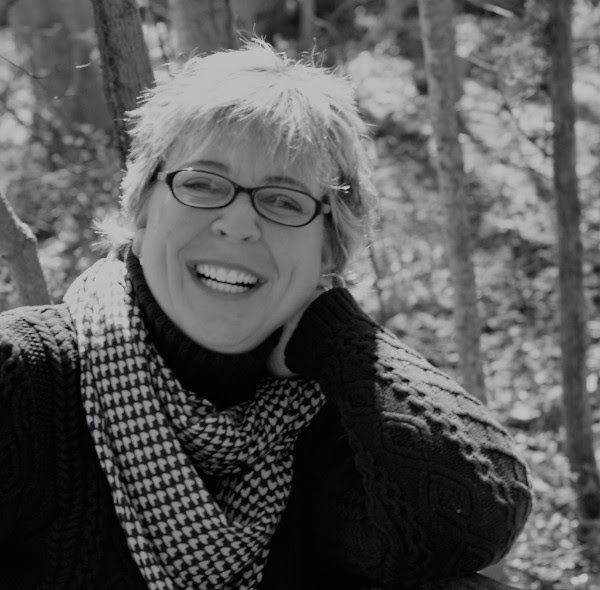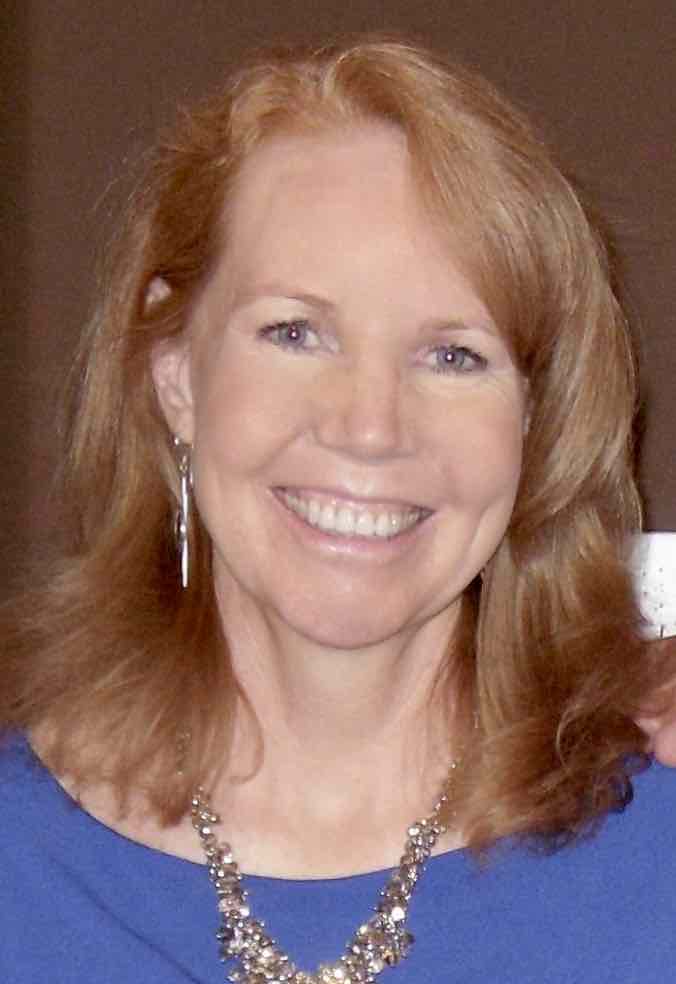Protect The Wound Your Heart Is Carrying
Dear Barbara, I am a Hospice nurse struggling with going back to work while still deep in Grief after losing my mom. How/when did you go back to work? I’m doing all the things I’d advise my patients’ family members to do when grieving. Just broken and lost. Any and all advice is welcome.
When did I go back to work following my mother’s death? I actually quit my job as director of a hospice. I felt I could always get another job. I couldn’t get back the time with my mother. Following her death I went to the ocean to recharge before I got into writing and teaching.
We who work in the end of life field know how to care for those who are dying. We know how to care for grievers. BUT do we know how to take care of ourselves? Often not so much. Actually, we often don’t follow our own advice when it comes to self care.
To answer the above question: “When do I go back to work?”
Grief is like an open wound. When we healthcare workers experience a personal loss, every patient scrapes open our own wound of personal grief.
Depending upon the relationship to the person that died (mother, father, sibling, partner) I recommend not having direct patient contact for at least six months (sometimes longer).
If the person was someone you weren’t as close with, consider reducing direct contact with patients. There are other duties that can be done in an agency that do not put someone in direct contact with patients. You do not necessarily have to quit your job. However, do look at whether you WANT to quit your job and find something different.
I recommend hospice volunteers wait a year following a personal death. Often family members of patients we have cared for want to give back and become hospice volunteers. I recommend they wait a year, too.
Those who work in caring roles tend not to be just doers, but have a great deal of empathy. That quality can make us more vulnerable and sensitive to the pain of others. Adding in our own grief and we are not helping others nor are we helping ourselves when we return to direct patient care too soon.
Be gentle with yourself and protect the wound your heart is carrying. Put the oxygen mask on yourself first. Think of what you would tell others to support them in their grieving and follow your own advice.
Something More… about Protect The Wound Your Heart Is Carrying
End of life caregivers face unique challenges. As the director of hospices and home health agencies I needed to support my team as best I could so that we could serve our patients and families well. I wrote a booklet and made a dvd for hospice and home health workers on self care. If you want staff health and retention, I urge you to show CARE FOR THE CAREGIVER dvd to your team every year and hand out the booklet YOU NEED CARE TOO to each team member. We are in a tender profession and need to care for ourselves tenderly as well.
Originally Published on https://bkbooks.com/blogs/something-to-think-about

























